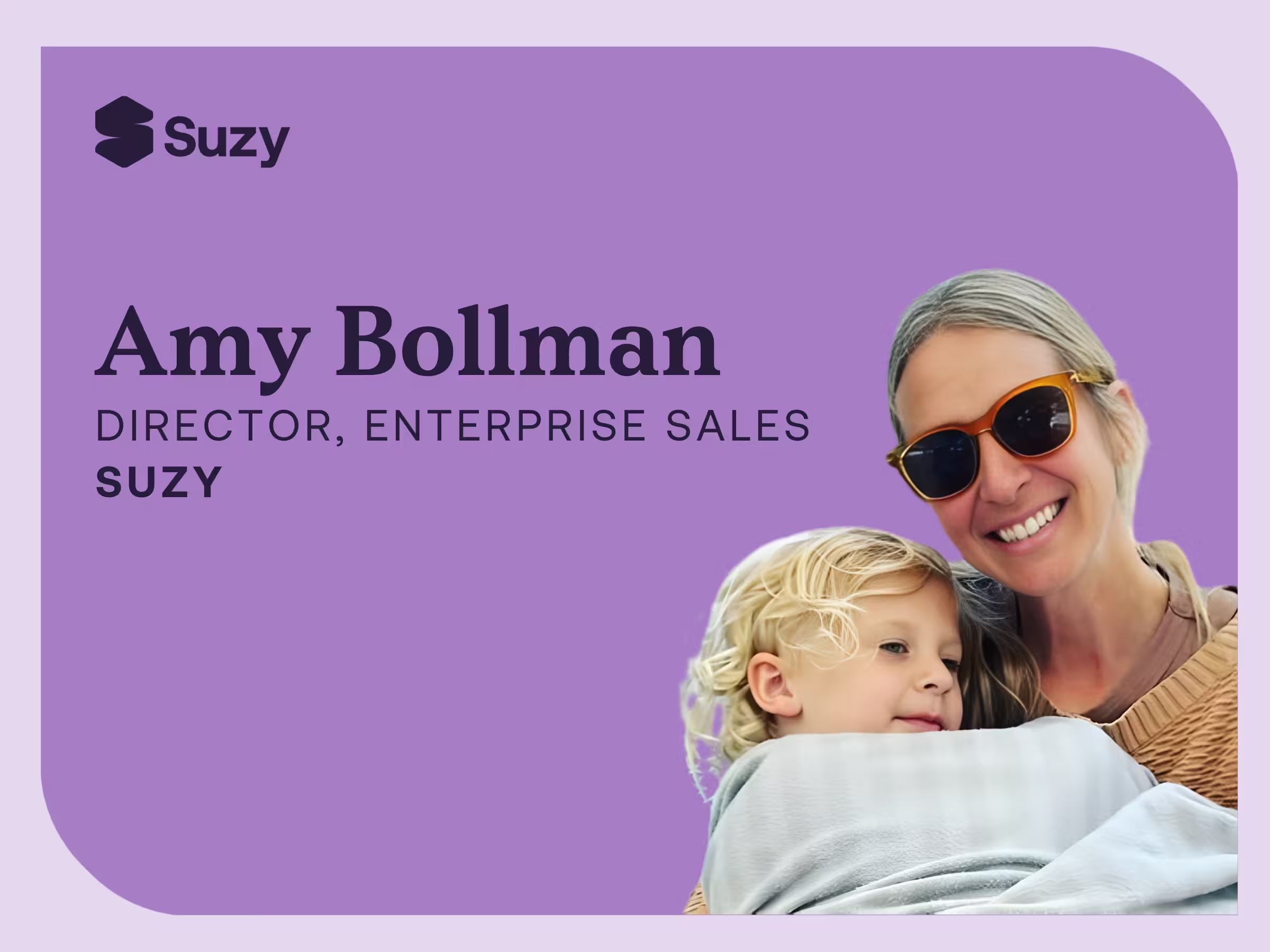By Russ Crupnick, Managing Partner, MusicWatch - As young people quarantined at home during the pandemic and looked for entertainment, TikTok exploded onto the social media scene, changing it forever. The app then spread to their parents and even grandparents, launching Americans into a world of user-generated content. As reach and impact developed, TikTok offerings evolved from playful dance videos to a wide variety of genres. The platform developed into a marketer’s dream, and an entire ecosystem evolved around promoting via the app.
Fueled by fears that user data would be captured by the Chinese government and concerns that Americans would be subject to propaganda or misinformation, then President Trump vowed in August 2020 to ban TikTok in the US. Since that time Montana has banned the app, and 34 states prohibit it on government devices, as do many universities who don’t want to host TikTok on their networks.
We’ve heard a lot about TikTok from politicians—but what do TikTok users think? In collaboration with MusicWatch, Suzy launched two surveys. The first was a nationally representative screening survey about the use of social media, music streaming, and video services, to see how TikTok aligned with other social and entertainment options. Next, 700 TikTok users between the ages of 15-54 were surveyed specifically about the platform. Here’s what we found:

TikTok is an engagement powerhouse
Nearly two-thirds of our screening sample had used TikTok in the previous six months. While Facebook and Twitter performed better among consumers ages 25 and older, TikTok was used by consumers of all ages. There is a stunning intensity to TikTok use, with half of users (52%) on the app daily, 46% using the app five or more sessions per day, and an average session time of 26 minutes.
The majority of TikTok users are passive; they view content but don’t create it themselves. The top ten genres of videos watched include clips of cooking tutorials, Taylor Swift’s Eras Tour, and makeup tutorials sponsored by e.l.f. Beauty. Many users claim that TikTok contributes to their well-being.

Are TikTok users concerned about data and security?
Despite the massive engagement, many TikTok users claim to be concerned about security issues, primarily data privacy. There is concern about the Chinese government having access to user data, but not enough to deter using TikTok. Not surprisingly parents are more apprehensive than most about the addictive nature of apps, thanks to algorithms that create a sticky user experience.
Nearly one-third of users would prefer it if the app didn’t collect any information at all, an impractical ask considering how algorithms and programmatic advertising function. Users are less concerned about data on ads they click through, search history, and app usage stats. They are more protective of personally identifiable information, location data, and information about other apps they have installed.
TikTok users prefer responsibility instead of regulation

When asked for their views on the subject, TikTok users favored user-based decisions, which could take the form of privacy settings. Three out of four (76%) agreed that they were capable of deciding which apps to use. Parents are overwhelmingly concerned about the videos their children are exposed to, yet 64% believe that they are capable of managing their use of TikTok along with their children.
The algorithm works
Much has been said, good and bad, about the algorithms that power TikTok and other social apps. In fact, users are most likely to let TikTok’s algorithm manage their experience. By a three-to-one ratio, users say they rely on the “For You” page to feed them recommendations on what to watch. A majority admit to just scrolling mindlessly during their TikTok sessions. Few actively search for the people they follow, and fewer still search for specific creators or influencers.
Should TikTok be banned?
Only 20% of users agree that TikTok should be banned outright. Despite an aversion to personal bans, users are somewhat more inclined to accept bans on government devices. Half of TikTok users say they would stop using the app if their privacy were at risk. They believe that the US government is capable of making decisions about technology (47 %) but also believe that regulating technology takes specialized expertise. There is also skepticism about the motivations of those responsible for regulation.
Competitive short-form video app would benefit from a TikTok ban
What would users do in the event of a TikTok ban? Half of Gen Z users would switch to a competitive video app, such as Instagram Reels. Some older users would also switch, although many Gen Xers claim they would stop using these short-form apps altogether.
The fallacy of personal responsibility and what it means for marketers
TikTok users are passionate about TikTok, yet they express genuine privacy concerns. These consumers prefer a less-regulated approach to managing their security on the app and also tend to rely on the algorithm to serve them content. While TikTok users believe in their ability to self-regulate on the app, marketers should take note of their preferences. Perception matters, and marketers who respect the privacy concerns of customers score points with their customers.
.webp)







